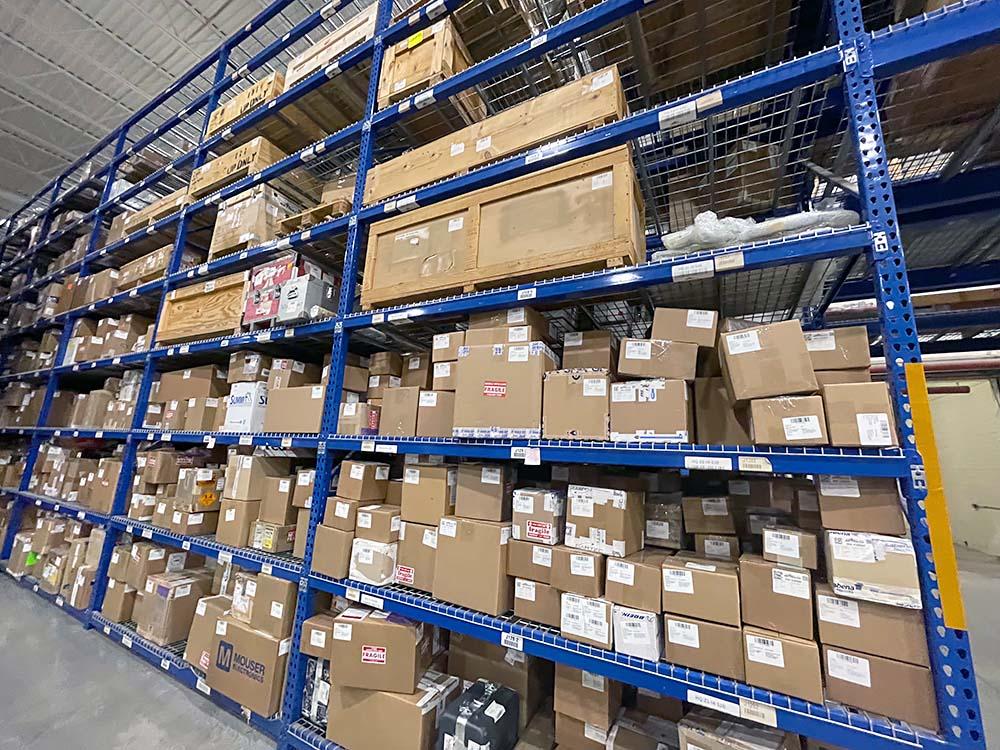
LONDON— Industry efforts to avoid another AOG Technics scandal may have unwanted and unintended consequences that push up maintenance costs, said ELFC President and CEO Richard Hough in his opening address at Aviation Week Network’s Engine Leasing Trading and Finance Europe conference.
Hough was referring to the Aviation Supply Chain Integrity Coalition, which was launched earlier this year by Airbus, American Airlines, Boeing, Delta Air Lines, GE Aerospace, Safran, StandardAero and United Airlines to prevent the introduction of unapproved parts into the supply chain.
While lauding this objective, Hough also pondered the potential for harm.
“We’ll have to see what transpires with that grouping, which has a lot of heavy hitters in it and a lot of influence,” he said. “We’ll have to see what recommendations they come up with but I do have a concern there is potential for unintended consequences here, that may restrict the usage of bona fide used serviceable material, particularly in engines.”
Hough continued: “Such an outcome would not be good for the industry, and the ones who would be most affected would be the airlines, and ironically, the ones who would be least affected would be the manufacturers.”
Hough voiced this concern after criticizing the annual “unregulated increases” in new parts prices by the manufacturers, adding that continual above-inflation price increases call into question the viability of existing aftermarket model.
“Is the model broken? The current model is the OEM supplying all the material at prices that are not regulated and go up at whatever percentage they like,” he said, adding that a potential alternative is a royalty system whereby more third-party providers are allowed to develop parts and repairs.
Hough also laid out the scale of the challenge to decarbonize aviation. He doesn’t expect passengers to change their travel practices or desires in response to concerns about climate, so aviation will need a technological fix to lower its global warming impact.
After dismissing the potential for electric or hydrogen-powered aircraft to enable mass commercial air travel quickly enough for aviation to meet its CO2 reduction goals, Hough noted that sustainable aviation fuel (SAF) is “the only show in town for the next 20 years”. However, he estimated that SAF production would need to grow roughly 23% every year for the next 25 years to meet commercial aviation fuel demands by 2050, which would require roughly $130 billion of investment every year.
Given that airlines’ net profits in 2024 are only expected to reach $30 billion, the gargantuan scale-up of SAF production will need external support.
“The equation doesn’t add up and I think there is going to need to be some strong government support here,” said Hough.





